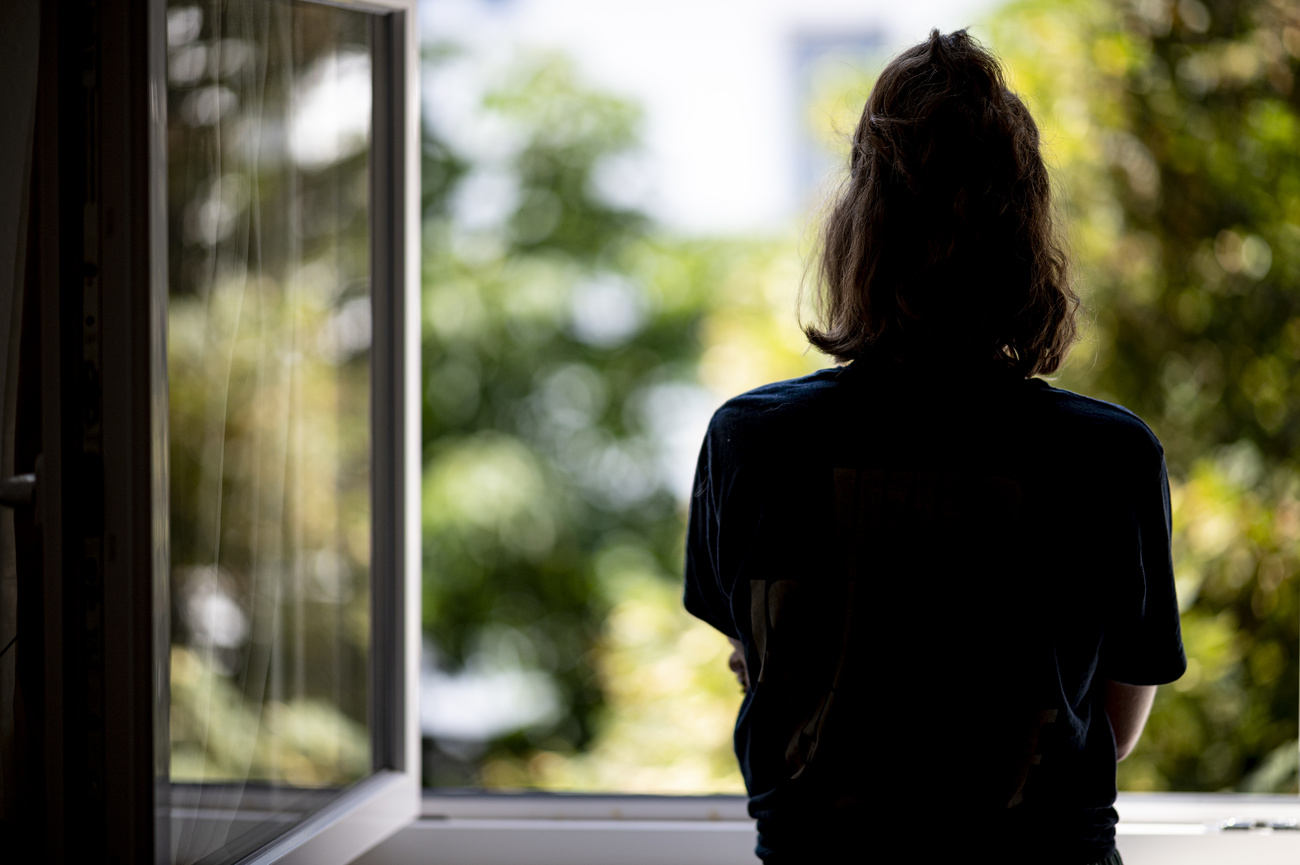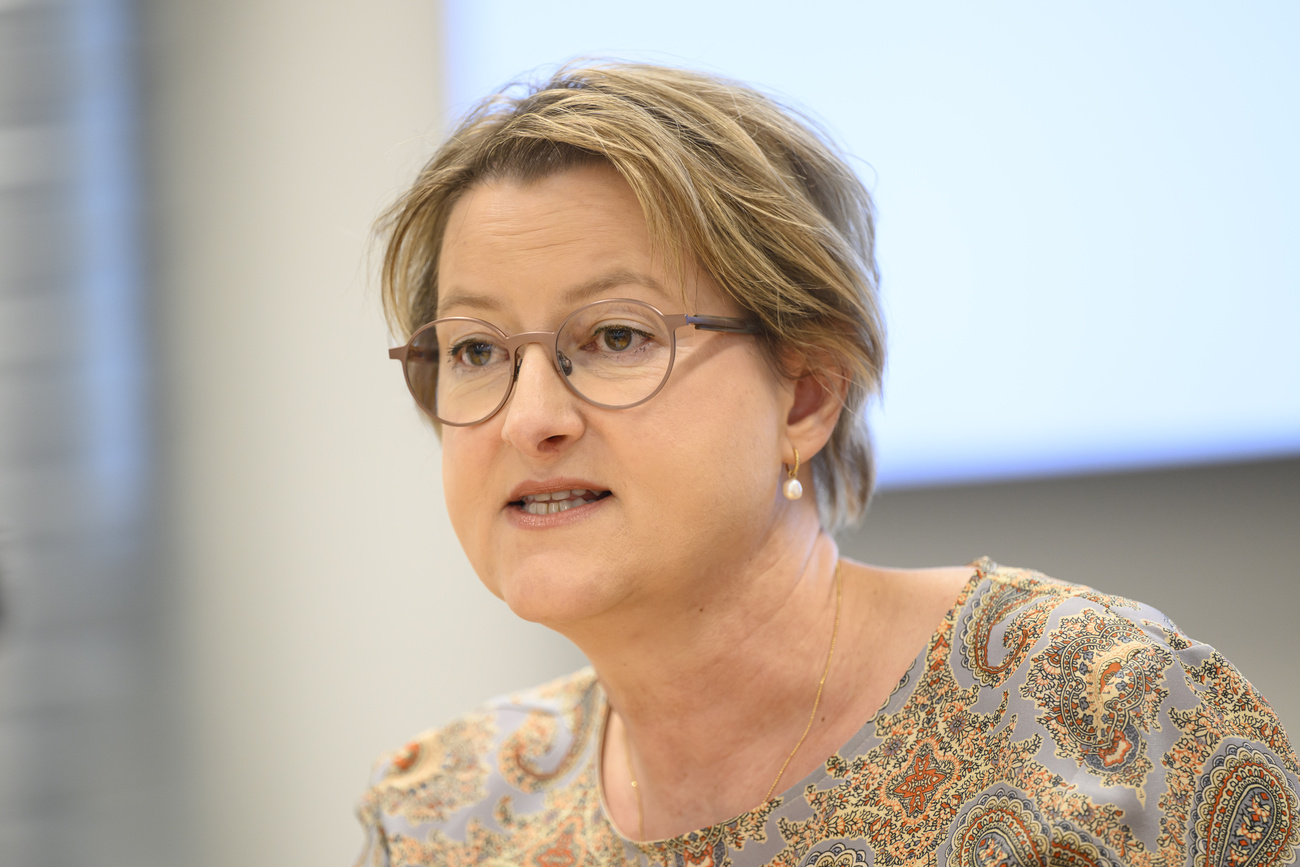
Psychological stress saps workforce of most Swiss SMEs

Swiss employees are exposed to great psychological stress. Employers also feel this. It also often happens in small and medium-sized enterprises (SMEs) that employees are absent due to mental illnesses.
Losses from work due to mental illnesses increased by 20% in Switzerland last year, according to a study by the insurer Axa. More than 30% of employees feel emotionally exhausted, according to a communiqué on Monday.
In addition to health, socio-political and social stress factors, the current labor shortage also played a role that should not be underestimated in the stress at work. It is said that if vacancies in a company cannot be filled, the pressure on existing employees increases significantly. The consequences of overload are often stress-related absences from work.
As the study results of this year’s AXA labor market study show, the proportion of SMEs that were significantly affected by failures due to mental illnesses in 2022 rose from 21 to 26% compared to the previous year, while the proportion of those not affected at all fell from 41 to 36% is. This means that last year only a little more than a third of the SMEs surveyed were not affected by psychologically-related failures.
More employees absent
According to the report, the proportion of those surveyed who are of the opinion that the frequency of absences due to psychological problems has increased in the last five years has also increased: almost a quarter of SMEs (24% versus 17% in the previous year) have more or significant absences increased, a little more than half rate the absences as constant.
For the Axa study, the Sotomo research institute surveyed 301 Swiss SMEs with five or more employees from German- and French-speaking Switzerland. The data was collected from February 21 to March 1, 2023 via the AmPuls company panel.
This news story has been written and carefully fact-checked by an external editorial team. At SWI swissinfo.ch we select the most relevant news for an international audience and use automatic translation tools such as DeepL to translate it into English. Providing you with automatically translated news gives us the time to write more in-depth articles. You can find them here.
If you want to know more about how we work, have a look here, and if you have feedback on this news story please write to english@swissinfo.ch.

In compliance with the JTI standards
More: SWI swissinfo.ch certified by the Journalism Trust Initiative






























You can find an overview of ongoing debates with our journalists here . Please join us!
If you want to start a conversation about a topic raised in this article or want to report factual errors, email us at english@swissinfo.ch.